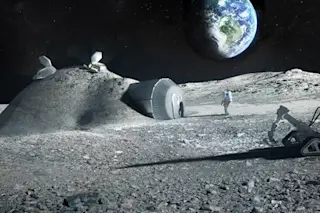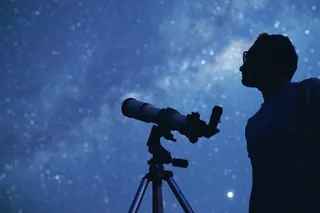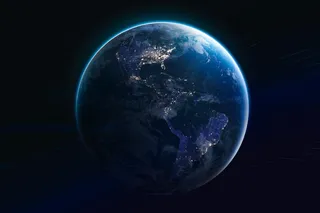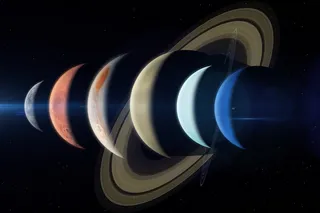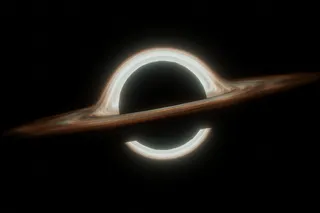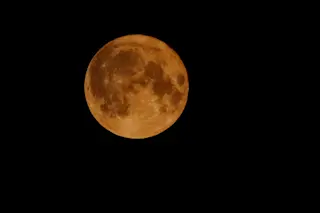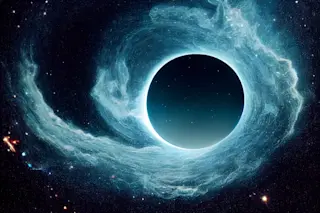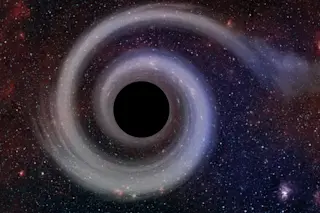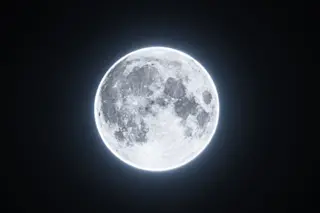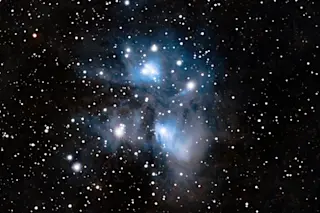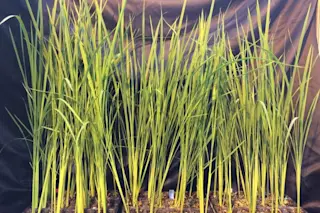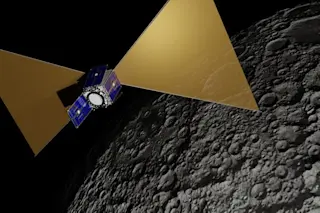Shipping stuff to other worlds is expensive. We’re talking several thousand dollars per pound to get to the moon, at best. This is why long-term plans for establishing a presence on the lunar surface — including building moon bases — recognize that we’ll need to use any local material we can. And I mean anything. Even, apparently, urine.
European researchers have found that the second-most abundant component of urine — urea — can serve as an effective plasticizer that helps keep 3D-printed structures workable while still maintaining their strength and stability during hardening. Plasticizers are often used in geopolymers (think ceramics or simple concrete) because they make the initial mixture easier to shape while avoiding dilution with too much water, which would weaken the final product.
By combining simulated lunar soil with water and urea, the researchers made 3D-printed geopolymer cylinders that outperformed versions that didn’t include a plasticizer. The ...


